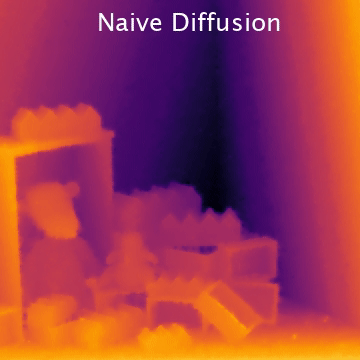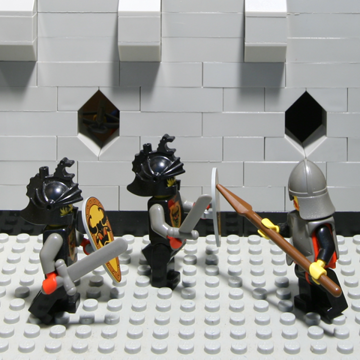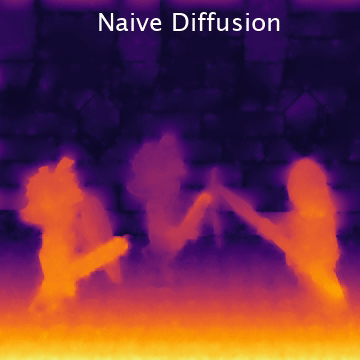Numair Khan1,
Min H. Kim2,
James Tompkin1
1Brown, 2KAIST
CVPR 2021
If you use this code in your work, please cite our paper:
@article{khan2021diffdiff,
title={Differentiable Diffusion for Dense Depth Estimation from Multi-view Images
author={Numair Khan, Min H. Kim, James Tompkin},
journal={Computer Vision and Pattern Recognition},
year={2021}
}
Code in pytorch_ssim is from https://github.com/Po-Hsun-Su/pytorch-ssim
- A differentiable Gaussian splatting algorithm based on radiative transport that models scene occlusion.
- A differentiable implementation of Szeliski's SIGGRAPH 2006 paper Locally Adaptive Hierarchical Basis Preconditioning for solving partial differential equations (PDEs) iteratively with very few steps.
- A tile-based diffusion solver that combines the previous two approaches to scale to large images efficiently.
The code has been tested with Python3.6 using Pytorch=1.5.1.
The provided setup file can be used to install all dependencies and create a conda environment diffdiffdepth:
$ conda env create -f environment.yml
$ conda activate diffdiffdepth
To run the code on multi-view stereo images you will first need to generate poses using COLMAP. Once you have these, run the optimization by calling run_mvs.py:
$ python run_mvs.py --input_dir=<COLMAP_project_directory> --src_img=<target_img> --output_dir=<output_directory>
where <target_img> is the name of the image you want to compute depth for. Run python run_mvs.py -h to view additional optional arguments.
Example usage:
$ python run_mvs.py --input_dir=colmap_dir --src_img=img0.png --output_dir=./results
Input sparse point clouds are derived from our light field depth estimation work code here: https://github.com/brownvc/lightfielddepth
We will add to this section as issues arise.



